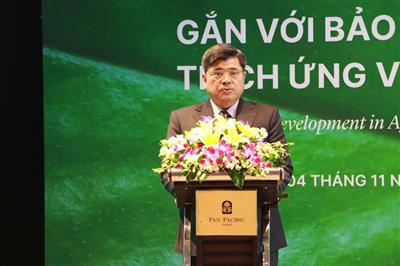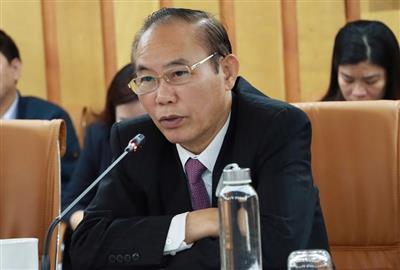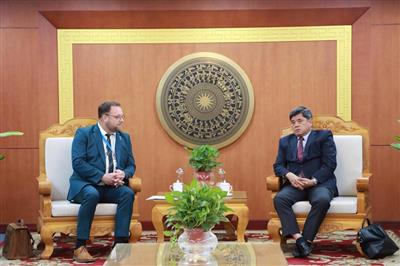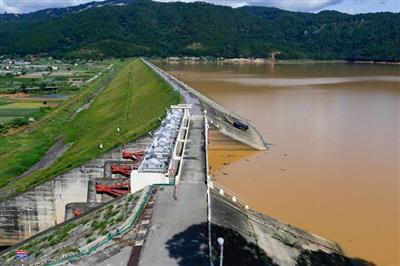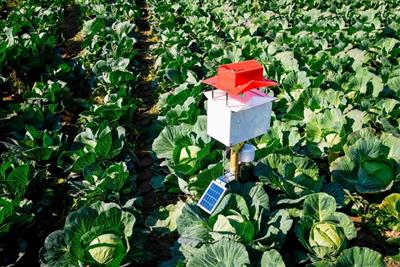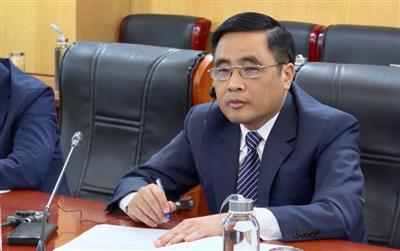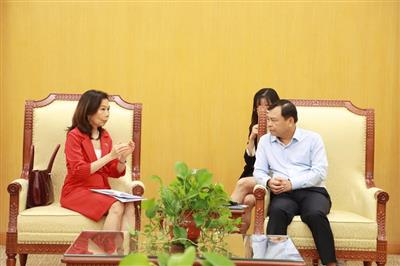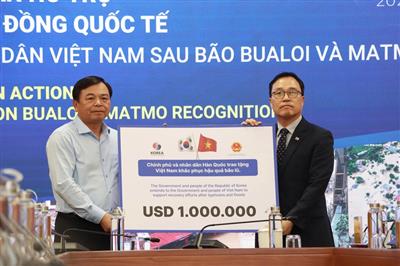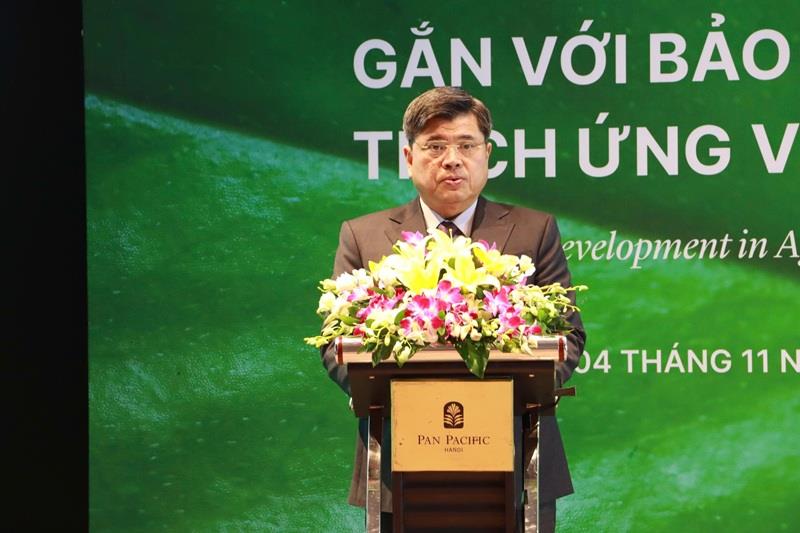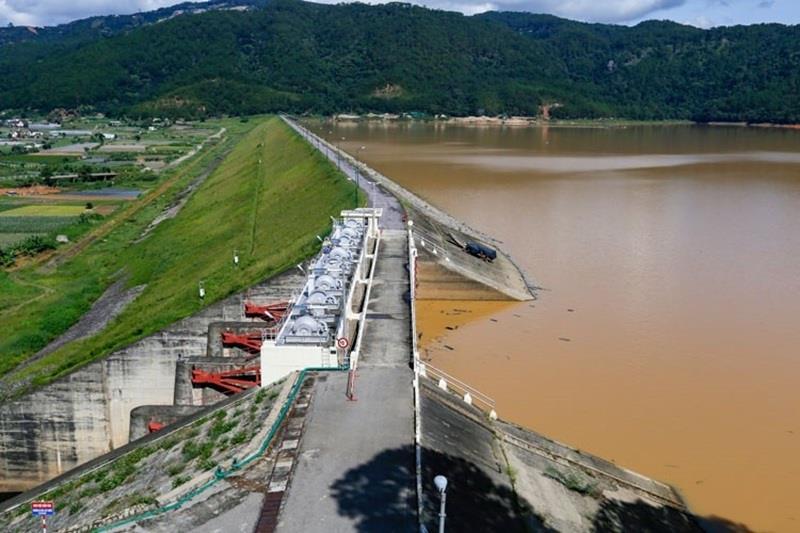
Vietnam - China strengthen cooperation in agriculture and environment
24/07/2025TN&MTOn July 24, Deputy Minister of Agriculture and Environment Hoang Trung received Mr. Wang Xiangang, Deputy Secretary of the People’s Government of Yunnan Province (China). The meeting came at a time when agricultural and environmental cooperation between Viet Nam and China is entering a new stage, aligned with sustainable development goals and the green trade agenda in the region.
New impetus for bilateral cooperation
The high-level exchange on July 24 was one of the key activities to operationalize the comprehensive partnership between Vietnam and China, particularly in the border area with Yunnan. At the meeting, Deputy Minister Hoang Trung emphasized that agriculture remains a central area of cooperation, bringing tangible benefits to people on both sides. Vietnam has advantages in tropical agricultural production, while Yunnan possesses unique highland ecosystems and farming techniques, offering complementary resources and expertise.
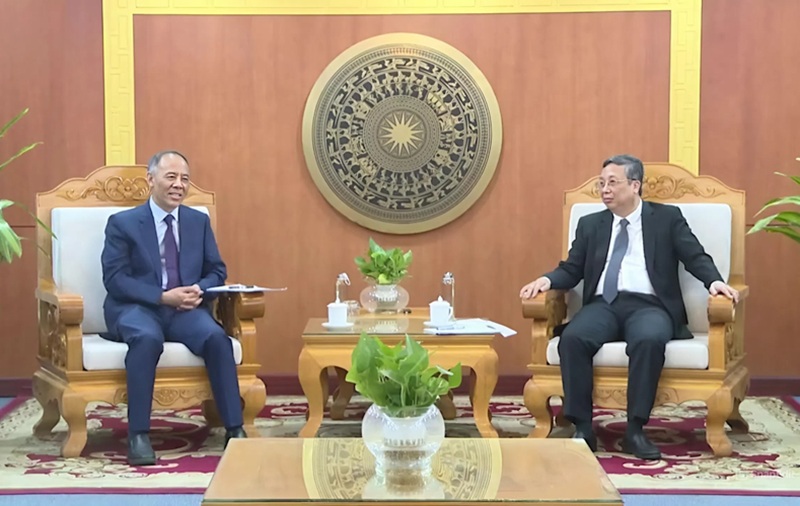
On July 24 in Hanoi, Deputy Minister Hoang Trung met with Yunnan Deputy Secretary Wang Xiangang to advance Viet Nam–China cooperation in agriculture and environment
Trade data for 2024 show that bilateral trade turnover between Vietnam and Yunnan reached USD 3.11 billion, an increase of nearly 18 percent compared to 2023. Yunnan’s exports to Vietnam totaled USD 1.86 billion, up 28.6 percent, while imports from Vietnam reached USD 1.25 billion, up 11.4 percent. These figures reflect the growing depth of cooperation, especially at a time when global supply chains are under stress from climate change and increasingly strict technical trade barriers.
According to Deputy Minister Hoang Trung, the priority in the coming period is to develop high-quality agricultural value chains that meet the requirements of both Chinese and international markets. Vietnam proposed working with Yunnan to strengthen research and development of rice varieties and short-cycle industrial crops such as potatoes and soybeans; expand fruit cultivation such as mango and mulberry; and promote indigenous waterfowl and poultry farming. Beyond agriculture, both sides also agreed to advance cooperation in fisheries, forestry, water resources management, environmental protection, and climate change adaptation, new areas of interest since Vietnam established the Ministry of Agriculture and Environment in early 2025.
Sugarcane cooperation opens major opportunities
A highlight of this visit was the signing of a Memorandum of Understanding on sugarcane research cooperation between the Sugarcane Research Institute under the Vietnam Academy of Agricultural Sciences (VAAS) and the Yunnan Academy of Agricultural Sciences (YAAS). The signing took place on the morning of July 24, 2025, in Hanoi, witnessed by leaders of the Ministry of Agriculture and Environment and the Yunnan delegation.

The Sugarcane Research Institute of the Yunnan Academy of Agricultural Sciences (China) and the Sugarcane Research Institute of the Viet Nam Academy of Agricultural Sciences signed a framework cooperation agreement
Under the agreement, the two sides will collaborate on developing high-yield, high-quality sugarcane varieties, advancing sustainable cultivation practices, and promoting mechanization in planting and harvesting. Another focus is on expanding expert exchanges, training human resources, and transferring deep-processing technologies. This is considered a practical solution to enhance the competitiveness of Vietnam’s sugarcane sector while ensuring a stable supply for the Yunnan market.
During the talks, the Yunnan side expressed interest in importing up to one million tons of sugar produced from sugarcane from Vietnam annually in the future. This is not a binding target, but rather a signal of market potential and a direction for expanding trade cooperation. In the context of China’s ongoing reforms in agricultural imports to safeguard food security and meet domestic demand, the opportunity is seen as a pathway for Vietnam’s sugarcane sugar to access a large market, while encouraging Vietnamese enterprises to invest in modern processing technologies.
Alongside sugarcane, coffee was also highlighted as a potential area for collaboration. With acreage and production volumes many times larger than Yunnan’s, Vietnam is well-positioned to serve as a strategic partner supplying both raw coffee and processed products. Meanwhile, China’s coffee consumption is growing rapidly, averaging 20 percent annually. If properly developed, Vietnam–Yunnan coffee cooperation could become a new model of value-chain linkage, integrating production with processing and sustainable consumption.
Long-term prospects for cooperation
Agricultural cooperation between Vietnam and Yunnan province has a long-standing foundation, closely tied to the province’s border location. From small-scale cross-border trade, the two sides have gradually expanded into scientific research and management exchange. Numerous trials of new crop varieties, sustainable farming models, and trade promotion activities have been implemented, creating a solid basis of trust for future development.
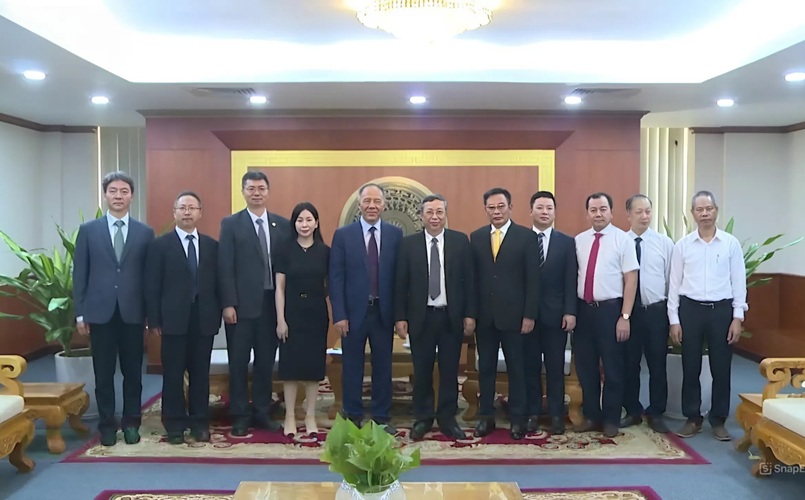
The July 24 meeting signaled a long-term vision for Viet Nam–Yunnan cooperation, with the sugarcane agreement as a starting point and further opportunities in coffee, rice, fisheries, and forestry
Since the establishment of the Ministry of Agriculture and Environment in early 2025, cooperation has extended beyond agricultural production to include environmental areas such as water resource management, biodiversity conservation, and climate change adaptation. This shift reflects the growing need to address shared challenges, including natural disasters, water scarcity, and transboundary pollution.
This engagement also carries strategic significance: strengthening cooperation with Yunnan in agriculture and environment not only deepens Vietnam–China relations, but also promotes sustainable development in the border region and supports the green growth commitments of both sides.
The meeting on July 24 was more than a policy discussion or a signing ceremony; it marked a broader vision for long-term cooperation. With complementary strengths, Vietnam and Yunnan have the potential to build integrated agricultural value chains serving both regional and global markets. The signing of the sugarcane cooperation agreement is seen as a starting point, while opportunities remain wide open in other key sectors such as coffee, rice, fisheries, and forestry.
Minh Thao




